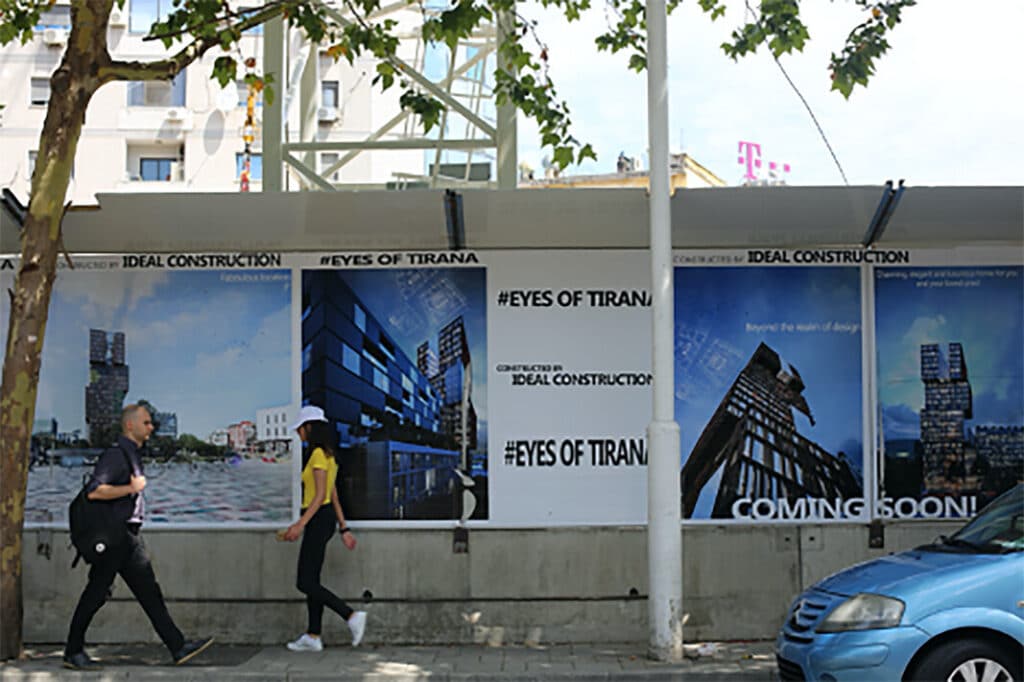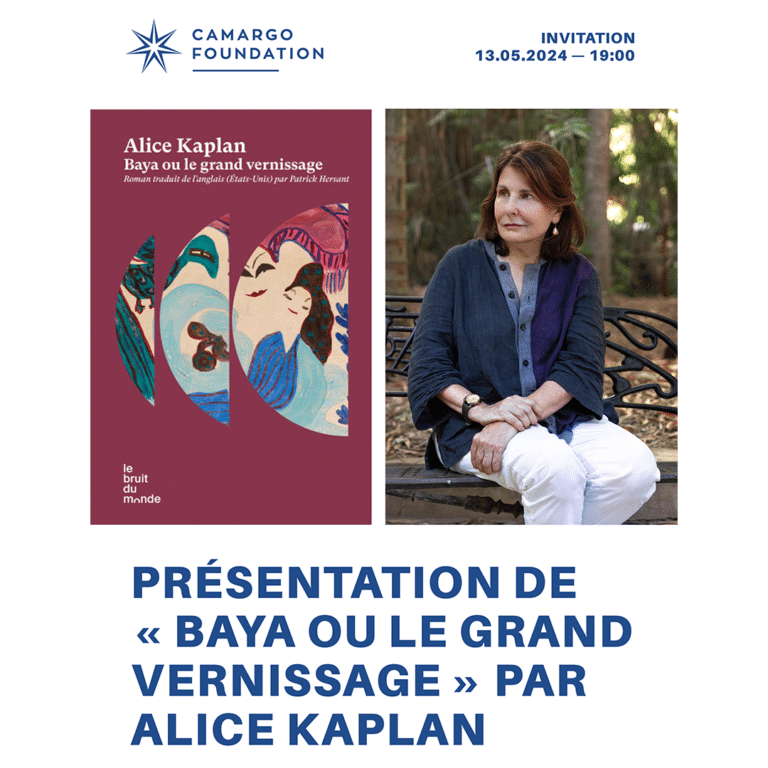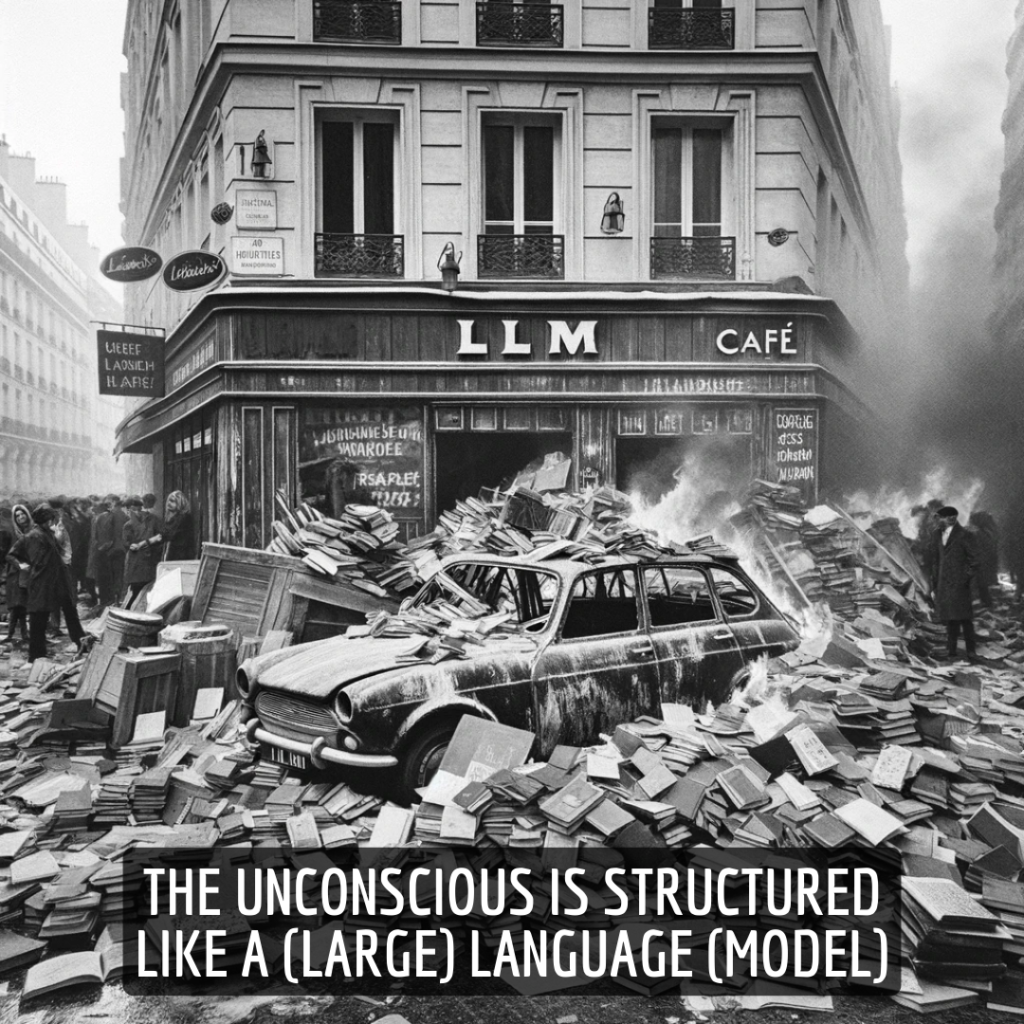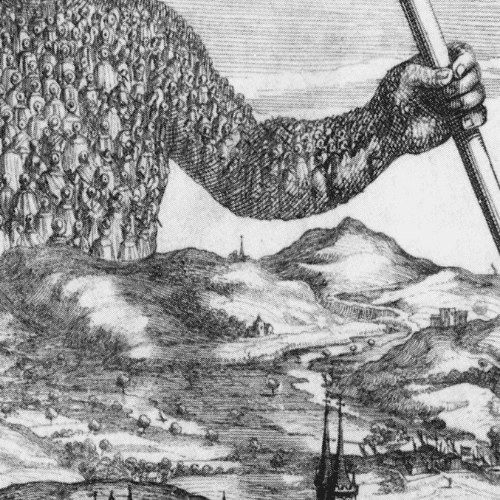Housing, a fundamental aspect of human life, has undergone a remarkable transformation in Albania since the collapse of the communist regime in the 1990s. This transformation, as explored by Smoki Musaraj in her article for the American Anthropologist titled “Housing as asset and payment: Construction, speculation, and financialization at the European periphery,” is emblematic of the broader changes observed across the former communist space. Under the communist regime, Albanian citizens were entitled to universal housing rights in theory, and most housing was state-owned. However, as Musaraj illustrates, the reality was more complex, with housing playing a crucial role in defining not only access to goods and services but also political and sociocultural status. Since the collapse of the communist regime, housing, argues Musaraj, has acquired new functions, as an asset and as a means of payment. The article explores these transformations through ethnographic lenses on the practice of klering, an in-kind financial practice ubiquitous in the construction industry.

The first part of the article delves into the communist era’s housing policies, its ideological underpinnings, and its practical implications. Housing, during this period, was seen as a tool for materializing communist subjectivity. Uniform, functional, modern apartments were meant to shape the ideal socialist family and lifestyle. Despite the promise of universal access to housing, the allocation system, similar to China’s hokau system, often hindered population movements from rural to urban areas.
Crucially, housing during communism held sociocultural and political value but lacked financial value. It provided access to goods and services, such as childcare, food allocations, cultural activities. It also served as a marker of one’s political biography, with desirable urban locations, particularly the capital city Tirana, reflecting a good biography, while remote areas symbolized punishment for the politically persecuted. The article elucidates how housing’s meaning and value were deeply intertwined with the communist regime’s broader political and social agenda.
The collapse of communism in the 1990s ushered in a radical transformation of the housing landscape in Albania and the broader former communist world. In this second section, Smoki Musaraj’s article delves into the post-communist era, where housing ceased to be a state-owned asset and evolved into a commodity with financial value. Smoki Musaraj’s research provides invaluable insights into this shift, particularly the profound changes that occurred as Albania embraced a new era of capitalism.
One of the key aspects of this transformation was the emergence of construction as a lucrative business. The article highlights how developers, such as Besnik (pseudonym), capitalized on the surging demand for housing in the 1990s. Interestingly, this period witnessed a shift from cash purchases to bank credit for buying apartments. As the majority of those who could afford to move had already done so in the early 1990s, the housing market began to experience saturation.
Here, Musaraj introduces us to the intriguing practice of “klering,” where housing itself became a means of payment. Developers and subcontractors engaged in klering, offering apartments in exchange for construction services. This practice had far-reaching implications, both positive and negative. On one hand, it facilitated the construction industry’s growth, allowing players to avoid some of the risks associated with formal financial institutions. On the other hand, it created new risks, including the use of lower-quality construction materials and money laundering.
Crucially, the research illustrates how housing in Albania became a store of wealth and a means of payment. It gained prominence as an asset with more durable value than the local currency, echoing global trends where housing has shifted from a matter of welfare to a private asset linked to international finance and an increasingly speculative economic landscape.
The full article can be accessed through this link.



